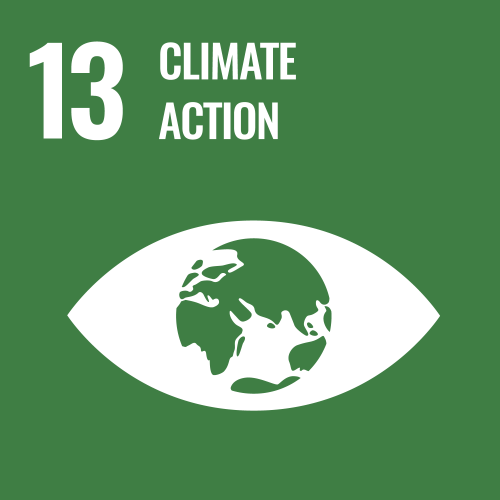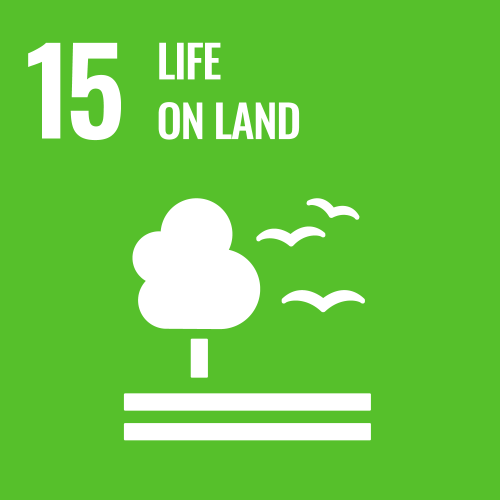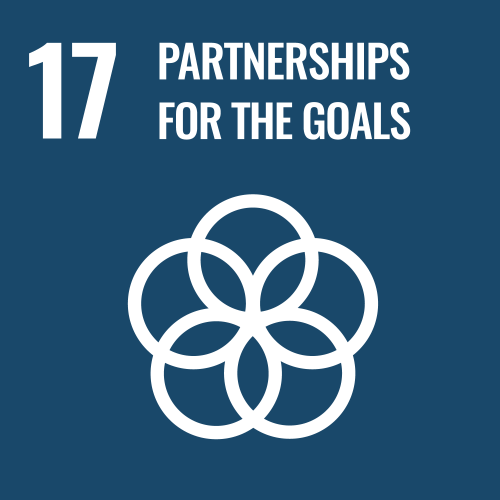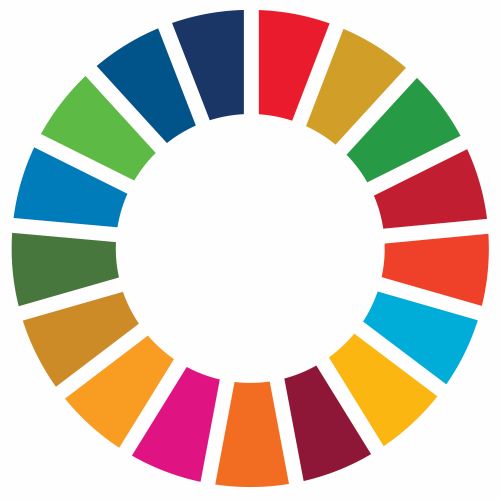
02/07/2025
In the framework of the Amazon+ project, the meeting focused on the ecology, management and culture of fire in indigenous and local communities.
The city of Leticia, in Colombia, hosted the ‘Intercultural Dialogue on Integrated Fire Management in the Amazon’, led by the Colombian Disaster Risk Management Unit. This multi-stakeholder and intergenerational space was attended by representatives of indigenous peoples, peasant communities and Afro-descendants from the Colombian Amazonian departments, as well as national, departmental and municipal entities, academia and international cooperation. In addition, representatives of indigenous peoples and local communities from the Amazonian countries of Bolivia, Brazil, Ecuador, Peru and Venezuela have also been invited to exchange experiences and knowledge on the importance and use of fire as an essential element in the well-being and culture of people, as well as in the dynamics and ecology of ecosystems.
This meeting arises from the need to promote strategies for integrated fire management that contribute to the reduction of forest fires at the local and regional level. The Amazon is one of the regions most affected by forest fires.
Fire culture is a fundamental pillar for the transition and implementation of integrated fire management strategies and policies. Traditional and indigenous knowledge contributes to making disaster risk reduction sustainable at the local level and in the long term, as it takes into account existing capacities. For this reason, one of the main activities that have been implemented is to learn about and make visible local initiatives and practices that effectively involve ancestral and traditional knowledge, led by indigenous peoples.
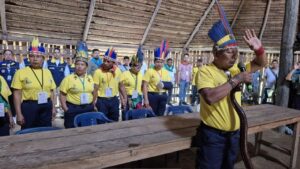
During the intercultural dialogue, four indigenous, community and government leaders participated. Ignacia Supepi, from Bolivia and cacique of the Rio Blanco Chiquitana indigenous community, emphasised the role of women in fire management. Lisbeth Sucre, an indigenous Pemón Arekuna from Venezuela, contributed her community’s experience and cultural dependence on forest control. Finally, Edwin Tamal, from the El Ángel del MAATE Ecological Reserve in Ecuador, provided fundamental tools in relation to integrated fire management, as a result of the advances in public policy and community integration in this area of knowledge in this country.
Emphasis has also been placed on the importance of promoting the development of scenarios for dialogue between local communities, academia, the scientific community and the institutional framework in order to design robust and sustainable strategies that contribute to reducing existing risks and preventing the emergence of new ones.
The Amazonía+ programme has recognised and promoted the importance of mainstreaming a gender and environmental rights approach in the integrated management of fire, from the actions carried out in the use of fire, and in the area of forest governance aimed at reducing deforestation and protecting biodiversity in the Amazon region. The active participation of women and young people in decision-making on integrated fire management is fundamental, as is the guidance of grandmothers and grandmothers from different cultures.
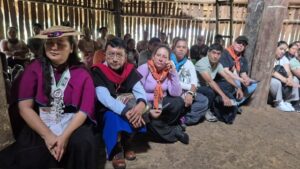
In this intercultural, generational and sectional dialogue, the gender expert from Expertise France, Diana Cárdenas, has emphasised the principle of complementarity that has been promoted by Amazonía+, a vision deeply rooted in indigenous peoples but whose essence can be shared with other peoples and communities. This vision insists that all people, knowledge and tasks are intertwined to sustain life in community. ‘We think of the community as a collectively woven basket: each strand represents a vital aspect – the ways we relate to each other, the daily responsibilities, the symbols that define us, our beliefs, languages and knowledge,’ said Cárdenas.
Some of the Amazonía+ programme’s contributions to this intercultural dialogue can be found at:
